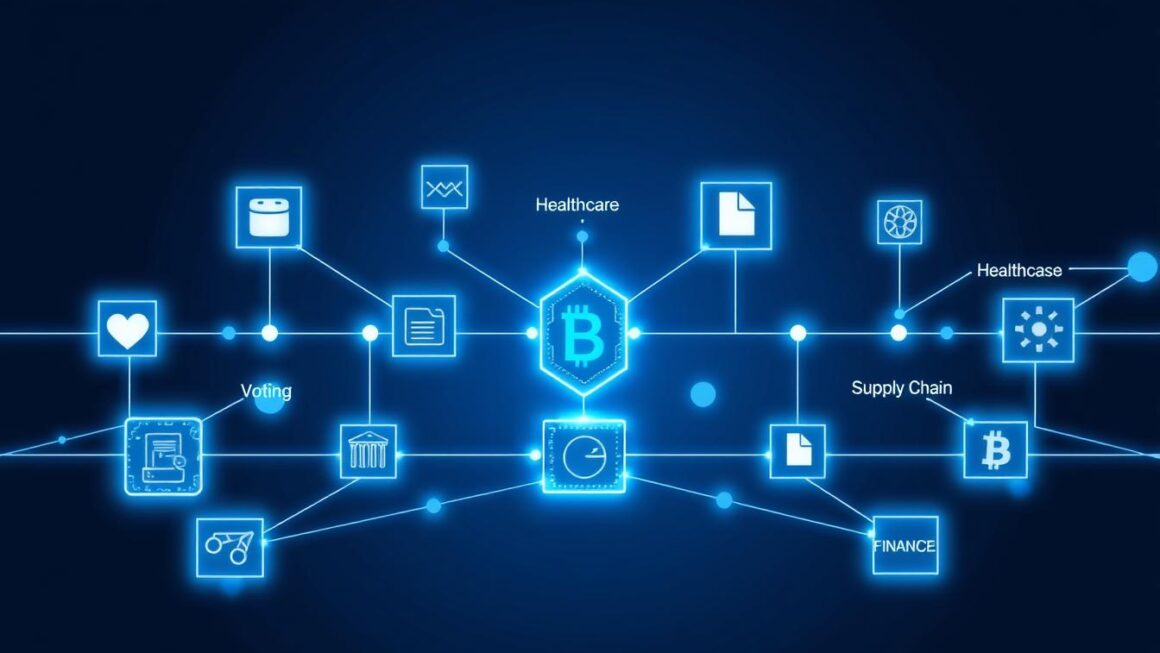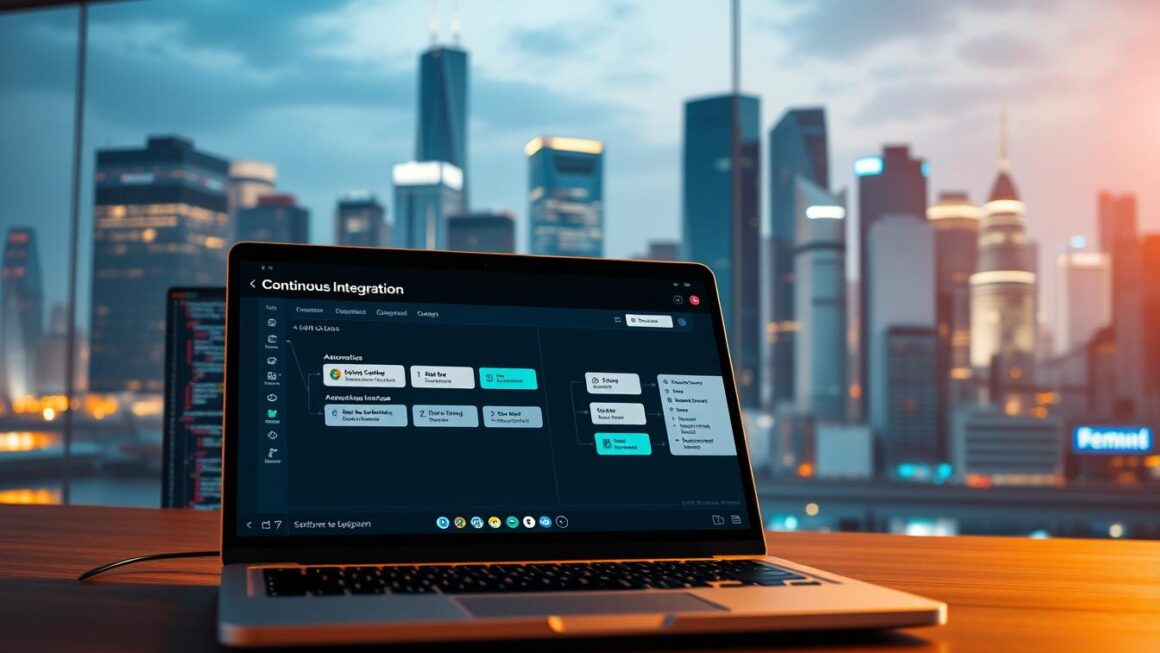When most people hear “blockchain,” they immediately think of Bitcoin and other cryptocurrencies. However, the technology that powers these digital currencies has evolved far beyond its original application. In 2025, blockchain technology is revolutionizing industries across the globe by providing unprecedented levels of security, transparency, and efficiency. This article explores how blockchain is being applied to solve real-world problems and transform business operations beyond the realm of digital currencies.
Understanding Blockchain Technology: The Basics
Before diving into specific applications, let’s clarify what blockchain technology actually is. At its core, blockchain is a distributed digital ledger that records transactions across multiple computers. Once recorded, the data in any given block cannot be altered retroactively without changing all subsequent blocks, which requires consensus from the network majority.
This architecture creates several key benefits:
- Decentralization: No single entity controls the entire network
- Transparency: All participants can view the same information
- Immutability: Records cannot be altered once verified
- Security: Cryptographic techniques protect data integrity
- Trust: The system works without requiring trust between parties
These fundamental characteristics make blockchain suitable for numerous applications beyond cryptocurrency. Let’s explore how different industries are leveraging this technology in 2025.
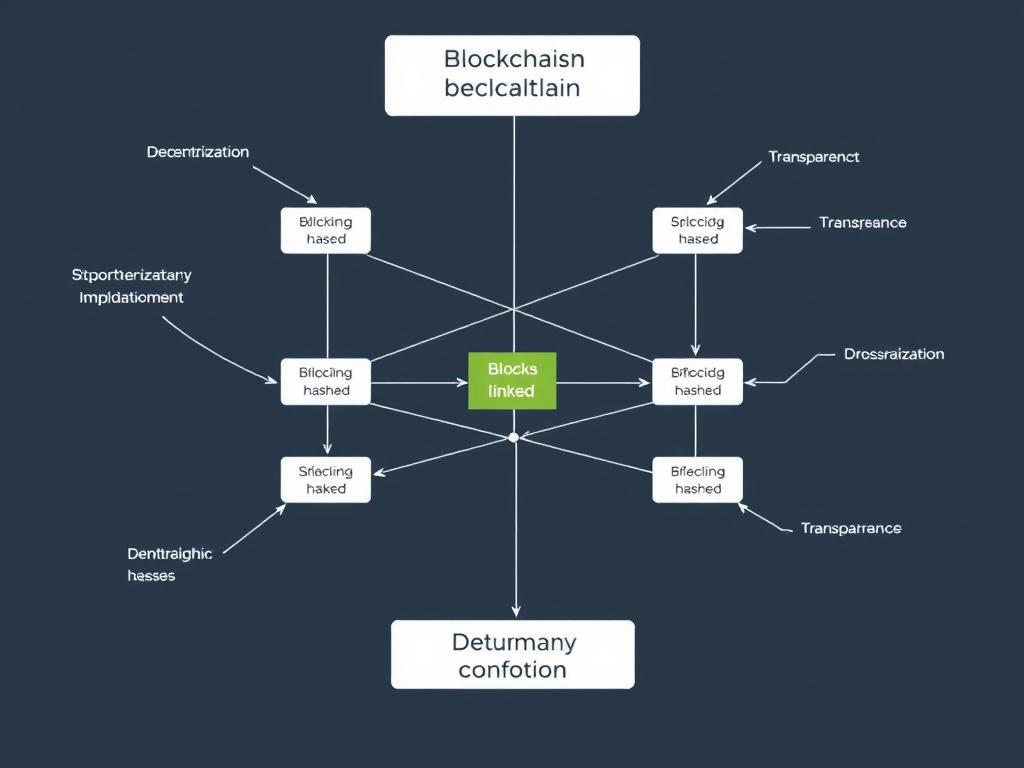
1. Supply Chain Management: End-to-End Transparency
Supply chain management represents one of the most transformative applications of blockchain technology. In 2025, companies across various industries are using blockchain to track products from origin to consumer, creating unprecedented transparency and accountability.
By recording each transaction and movement on an immutable ledger, blockchain provides:
- Real-time tracking of goods throughout the supply chain
- Verification of product authenticity and origin
- Reduction in counterfeit products entering the market
- Improved inventory management and logistics
- Enhanced compliance with regulatory requirements
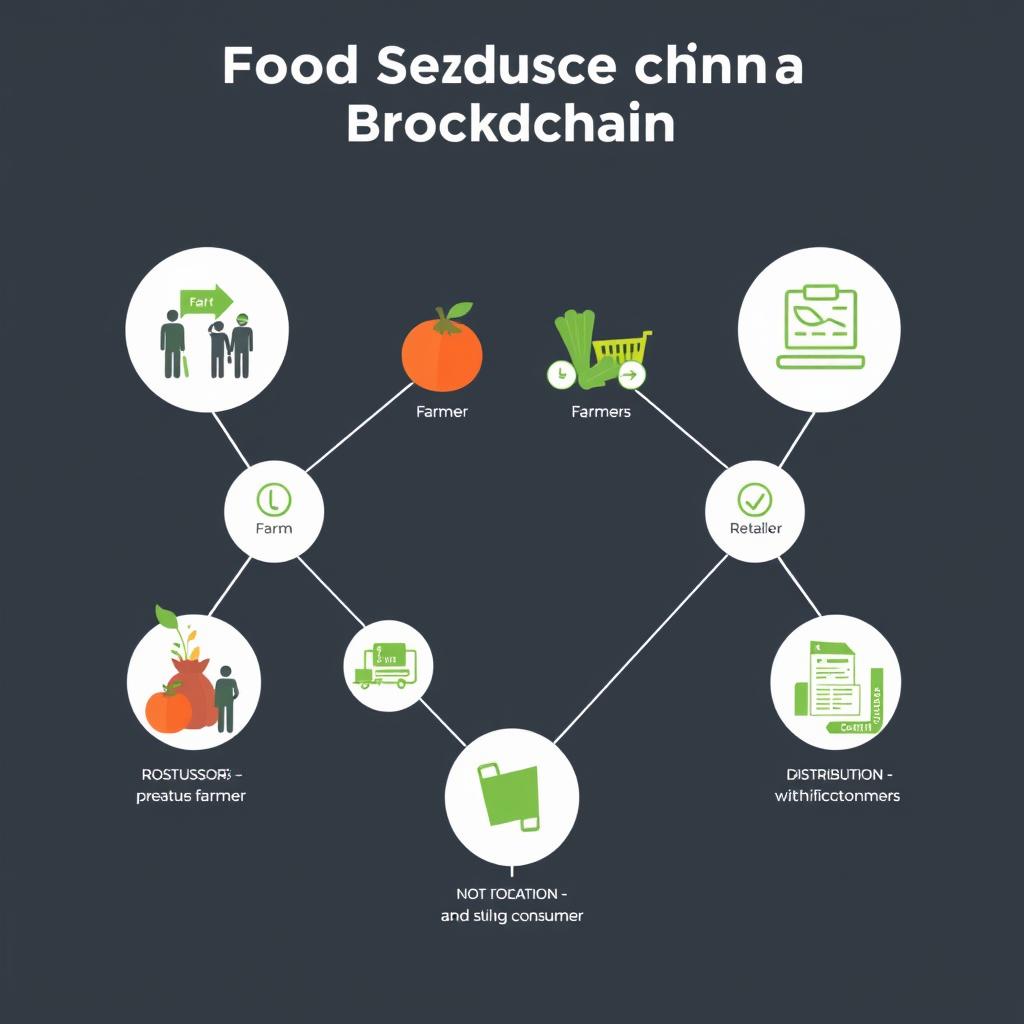
Real-World Example: Food Safety Tracking
Major retailers like Walmart have implemented blockchain solutions to track food products. In case of contamination, what once took days to trace now takes seconds. When a foodborne illness outbreak occurs, retailers can instantly identify the source and remove only affected products, reducing food waste and potentially saving lives. This system provides consumers with complete transparency about where their food comes from and how it was handled throughout the supply chain.
2. Healthcare: Securing Medical Records and Improving Patient Care
The healthcare industry has embraced blockchain technology to address longstanding challenges related to data security, interoperability, and patient privacy. In 2025, blockchain applications in healthcare have matured significantly.
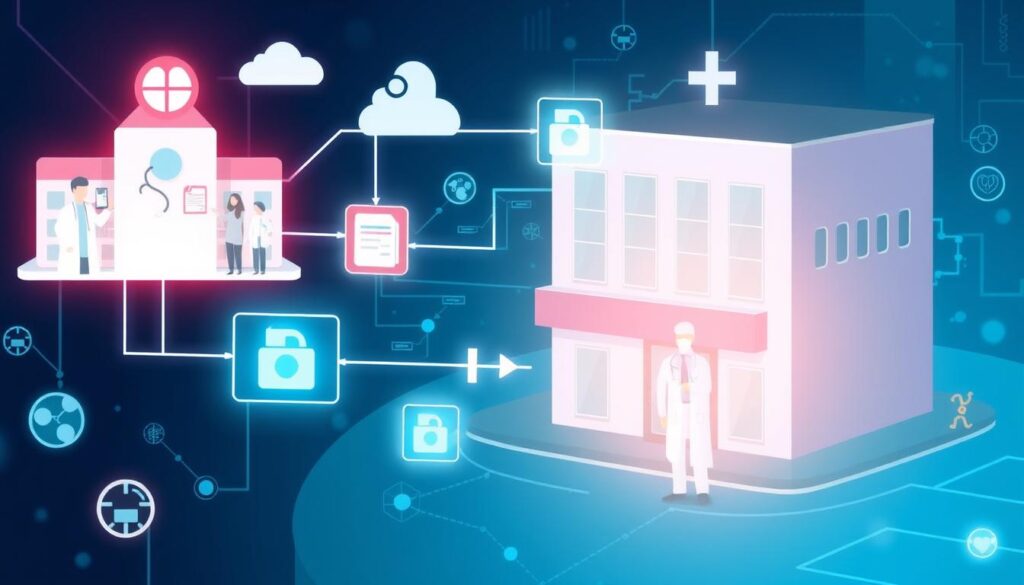
Key applications include:
- Electronic Health Records (EHRs): Patients control access to their medical data while allowing seamless sharing between authorized healthcare providers
- Drug Traceability: Pharmaceutical companies track medications from manufacturing to patient, reducing counterfeit drugs
- Clinical Trials: Researchers maintain transparent, tamper-proof records of trial data and patient consent
- Insurance Claims: Automated verification and processing through smart contracts reduces fraud and administrative costs
Real-World Example: MediLedger
The MediLedger consortium has created a blockchain network that tracks prescription medicines throughout the supply chain. This system ensures compliance with regulations like the Drug Supply Chain Security Act while preventing counterfeit drugs from reaching patients. Healthcare providers can verify the authenticity of medications with a simple scan, improving patient safety and trust in the pharmaceutical supply chain.
3. Voting Systems: Ensuring Electoral Integrity
In 2025, blockchain technology is addressing critical challenges in electoral systems by providing secure, transparent, and verifiable voting mechanisms. These systems maintain voter privacy while ensuring votes cannot be tampered with or altered.

Blockchain-based voting systems offer several advantages:
- Immutable record of all votes cast
- Elimination of double-voting and fraud
- Increased accessibility for remote voters
- Real-time counting with verifiable results
- Reduced costs compared to traditional voting infrastructure
Real-World Example: Municipal Elections
Several municipalities have piloted blockchain voting systems for local elections. These platforms allow voters to cast ballots securely from mobile devices while maintaining anonymity. Each vote is recorded on the blockchain, creating an immutable audit trail that can be verified without revealing individual voter choices. This technology has increased participation rates, particularly among younger voters and those with mobility challenges.
4. Digital Identity Verification: Secure and User-Controlled
Identity theft and fraud continue to be significant concerns in our digital world. Blockchain technology offers a solution by enabling secure, self-sovereign identity systems where individuals control their personal information while still allowing for trusted verification.

In 2025, blockchain-based identity systems provide:
- User ownership and control of personal data
- Selective disclosure of information based on specific needs
- Reduced risk of data breaches and identity theft
- Streamlined KYC (Know Your Customer) processes for financial services
- Cross-border identity verification without duplicating documentation
Real-World Example: Estonia’s e-Residency
Estonia’s pioneering e-Residency program uses blockchain technology to provide digital identity verification for citizens and e-residents. This system allows users to digitally sign documents, access government services, and establish businesses within the EU, all while maintaining control over their personal data. The blockchain ensures that identity information cannot be altered or accessed without proper authorization, creating a secure foundation for digital interactions.
5. Financial Services: Beyond Cryptocurrency
While cryptocurrency remains an important blockchain application, financial institutions have discovered numerous other ways to leverage this technology. In 2025, blockchain is transforming traditional financial services by reducing costs, increasing speed, and enhancing security.
Key applications in financial services include:
- Cross-border payments: Near-instant transfers without intermediaries
- Trade finance: Automated documentation and verification
- Smart contracts: Self-executing agreements that trigger payments when conditions are met
- Asset tokenization: Fractional ownership of real estate and other assets
- Insurance claims processing: Automated verification and payout
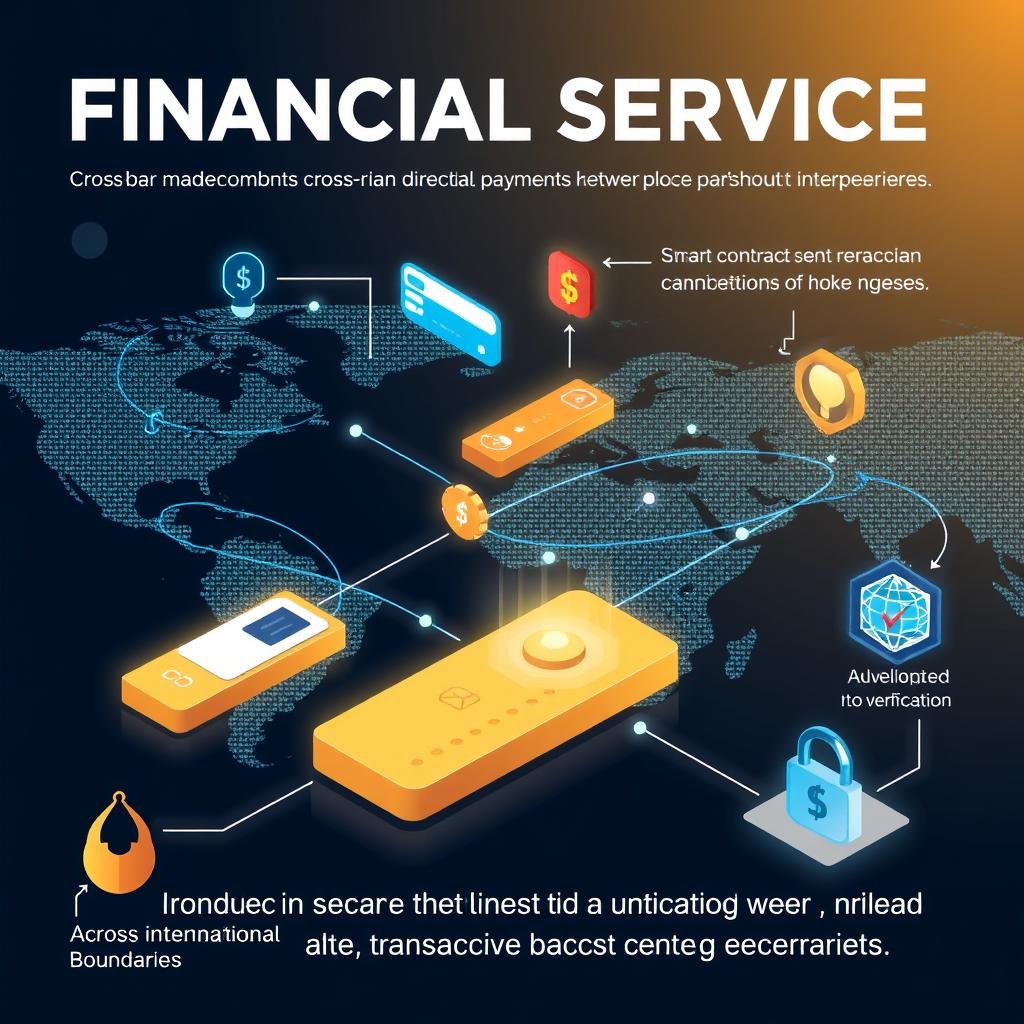
Real-World Example: Trade Finance Platform
Major banks have implemented blockchain-based trade finance platforms that digitize and automate the traditionally paper-heavy processes involved in international trade. These systems connect importers, exporters, shipping companies, and financial institutions on a single platform, reducing processing time from weeks to hours. Smart contracts automatically release payments when shipping milestones are verified, improving cash flow for businesses while reducing fraud risk.
6. Smart Contracts: Automating Agreements and Transactions
Smart contracts represent one of the most versatile applications of blockchain technology. These self-executing contracts with the terms directly written into code automatically enforce agreements when predetermined conditions are met, eliminating the need for intermediaries.
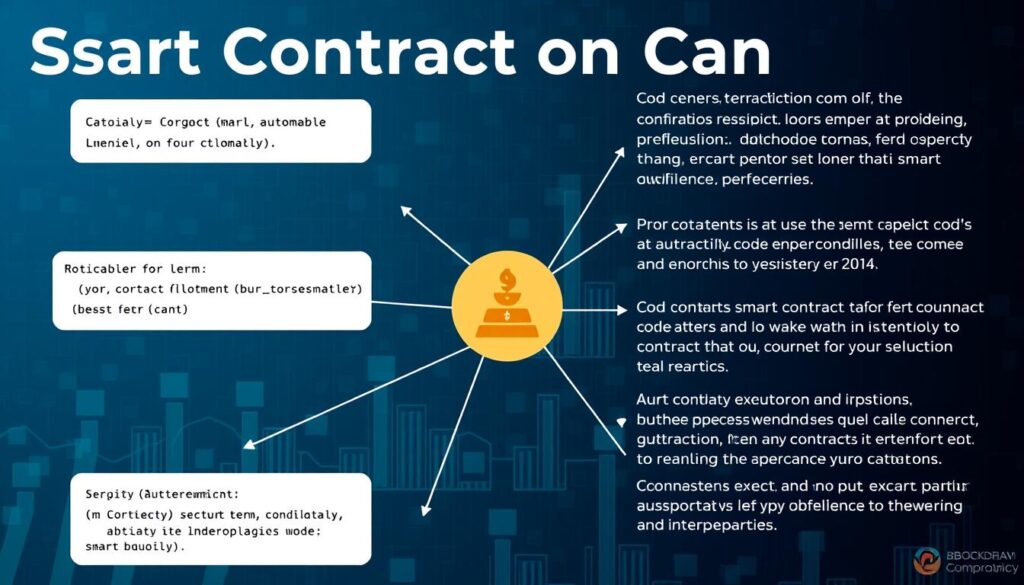
In 2025, smart contracts are being used for:
- Real estate transactions: Automating property transfers and escrow
- Insurance claims: Triggering automatic payouts when verified conditions occur
- Intellectual property: Managing royalty payments for creative works
- Supply chain: Releasing payments when goods are verified as delivered
- Employment agreements: Managing freelance work and automatic payment
Real-World Example: Real Estate Transactions
Real estate platforms are using smart contracts to streamline property transactions. When a buyer and seller agree to terms, a smart contract is created that holds the funds in escrow. Once all conditions are verified—including inspections, title searches, and mortgage approvals—the contract automatically transfers ownership and releases funds. This process reduces closing time from weeks to days while eliminating many traditional closing costs.
7. Government Services: Enhancing Efficiency and Transparency
Government agencies worldwide are implementing blockchain solutions to improve service delivery, reduce corruption, and increase public trust. In 2025, blockchain applications in government have moved beyond pilot projects to full-scale implementations.
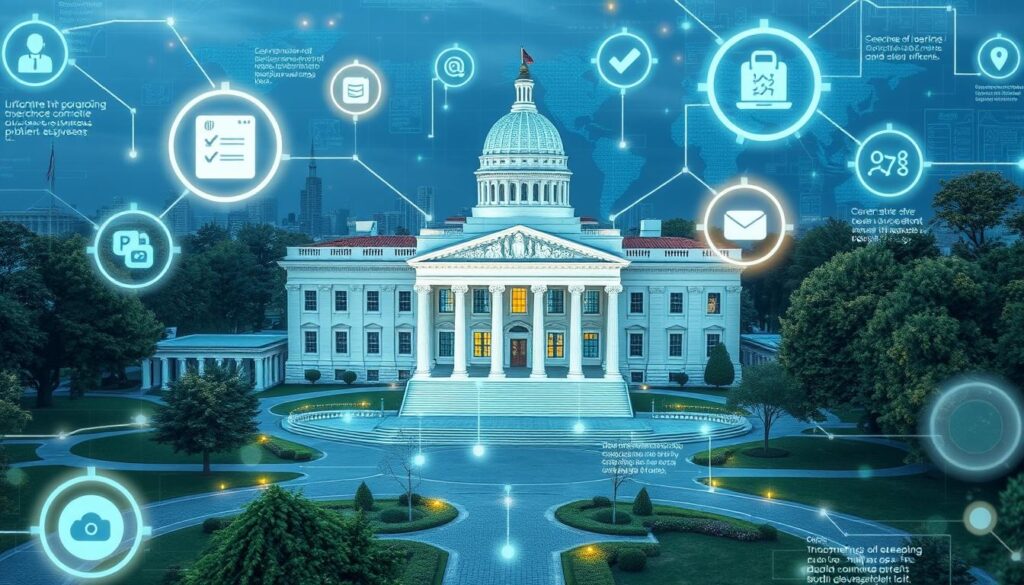
Key applications include:
- Land registry: Immutable records of property ownership
- Public procurement: Transparent bidding and contract management
- Citizen services: Streamlined access to government documents and benefits
- Tax collection: Automated verification and reduced fraud
- Public records: Secure storage of birth certificates, marriage licenses, and other vital records
Real-World Example: Land Registry
Several countries have implemented blockchain-based land registry systems to address issues of fraud, disputed ownership, and inefficient record-keeping. These systems create immutable records of land ownership that cannot be altered without proper authorization. The transparent nature of blockchain allows citizens to verify property ownership easily while reducing the corruption often associated with land transactions in some regions.
Challenges and Considerations
Despite its potential, blockchain technology still faces several challenges that must be addressed for widespread adoption across these use cases:
Technical Challenges
- Scalability: Handling large transaction volumes
- Interoperability: Ensuring different blockchain systems can communicate
- Energy consumption: Reducing the environmental impact
- User experience: Creating intuitive interfaces for non-technical users
Regulatory and Social Challenges
- Regulatory frameworks: Developing appropriate governance
- Privacy concerns: Balancing transparency with data protection
- Industry adoption: Overcoming resistance to change
- Education: Building understanding of blockchain benefits
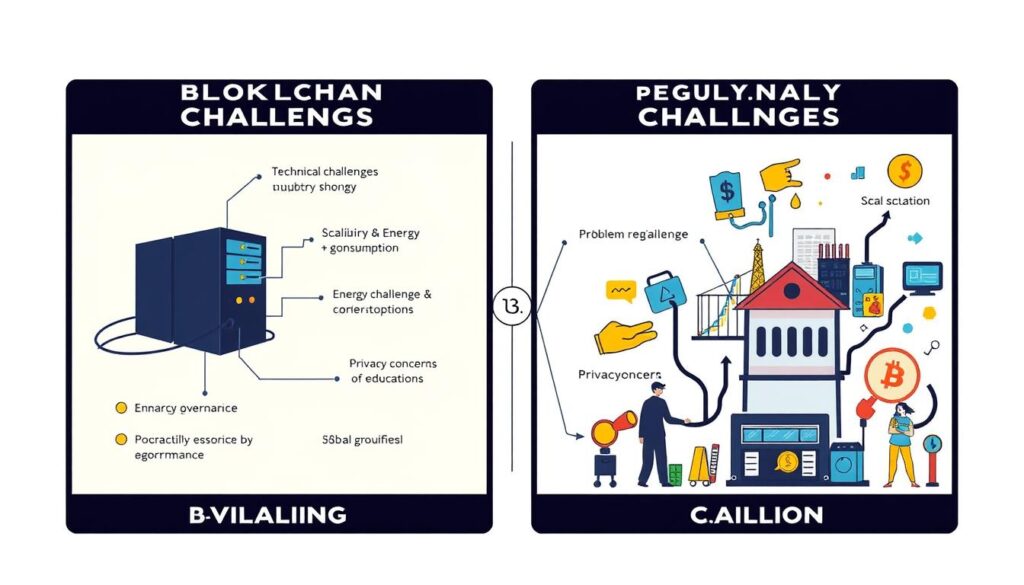
The Future of Blockchain Beyond Crypto
As we look beyond 2025, blockchain technology will continue to evolve and find new applications across industries. Emerging trends include:
- Integration with other emerging technologies like AI, IoT, and quantum computing
- Development of more energy-efficient consensus mechanisms
- Increased focus on privacy-preserving blockchain solutions
- Greater standardization and interoperability between blockchain platforms
- Expansion into new industries and use cases we haven’t yet imagined
The true potential of blockchain technology extends far beyond its origins in cryptocurrency. By providing a secure, transparent, and efficient way to record and verify transactions of all kinds, blockchain is fundamentally changing how we establish trust in our increasingly digital world.
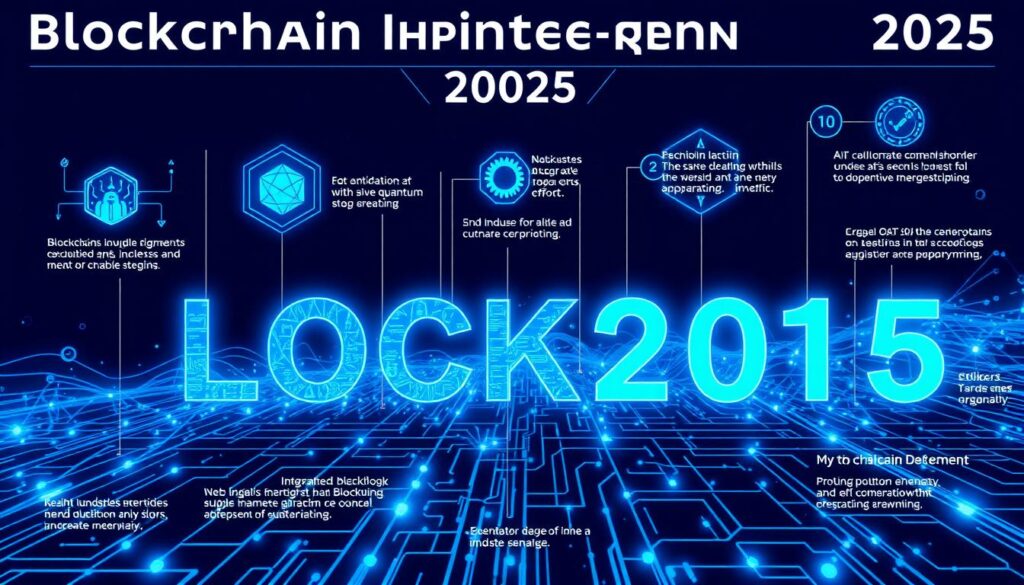
Conclusion: Embracing the Blockchain Revolution
Blockchain technology has evolved far beyond its cryptocurrency origins to become a powerful tool for solving real-world problems across industries. By providing immutable records, transparent processes, and automated trust, blockchain is transforming how businesses operate and how individuals interact with digital systems.
As we’ve seen through these seven applications, the impact of blockchain extends into virtually every sector of the economy. From securing our food supply to protecting our identities, from streamlining financial transactions to ensuring electoral integrity, blockchain technology is creating more efficient, secure, and transparent systems.
The blockchain revolution is just beginning. As technical challenges are overcome and adoption increases, we can expect to see even more innovative applications emerge. Organizations that embrace this technology now will be well-positioned to benefit from its transformative potential in the years ahead.
Ready to Learn More About Blockchain Technology?
Discover how blockchain can transform your industry and business operations. Access our comprehensive resources and stay ahead of the technological curve.
